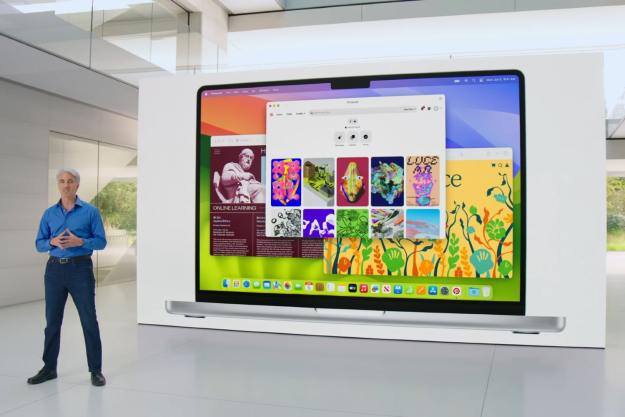
One recently discovered example of a cross-platform attack is a fake Adobe Flash Player installer that bypasses the Gatekeeper feature introduced in MacOS Lion. Dubbed “Snake,” the malware injects malicious backdoor files into the MacOS file system, makes them persistent, and then uses them to access and pass along sensitive materials, the Fox-IT blog reports.
Gatekeeper uses a certificate-based system to differentiate between apps installed from the presumably secure Mac App Store and apps that users might want to install from outside that walled garden. If an application has a legitimate Gatekeeper certificate, the theory goes, then users can trust that the app is safe. Snake leverages this system by using a valid developer certificate that is likely stolen from a legitimate developer.
According to Fox-IT, Snake could be tied to Russian hackers and is highly targeted at government and military institutions and large companies. It has been around on Windows for years and a version was ported to Linux in 2014. Now, the malware can infect MacOS machines using essentially the same framework that Fox-IT describes as “significantly more sophisticated, it’s infrastructure more complex and targets more carefully selected.”
Interestingly, Snake does actually install the Adobe Flash Player but at the same time, it installs backdoor code that is kept as persistent by Apple’s LaunchDaemon service. It is installed using a Zip file called “Adobe Flash Player.app.zip” and appears valid to the user.
Fox-IT notified Apple about the compromised certificate and it is likely Apple’s security team will have revoked it within the Gatekeeper system. That means it will no longer make its way through Gatekeeper as if it were a legitimate Mac App Store application and should be more difficult to spread for users who make use of Gatekeeper’s protections.
More than anything, Snake serves as a reminder that MacOS users should maintain the same diligence as users of other operating systems. Keep Gatekeeper turned on and fully enabled, only install applications from known sources, and utilize anti-malware software to keep your systems monitored and periodically scanned. Apple might like to poke fun at Windows for its allegedly less secure nature, but the reality is that nobody is completely safe from attack.
Editors' Recommendations
- The 6 key things Apple must fix in the next version of macOS
- These 6 tweaks take MacBooks from great to nearly perfect
- The 6 best ways Macs work with your other Apple devices
- All the best macOS Sonoma tips and tricks you need to know
- I love Macs. But here are 5 reasons I keep coming back to Windows


